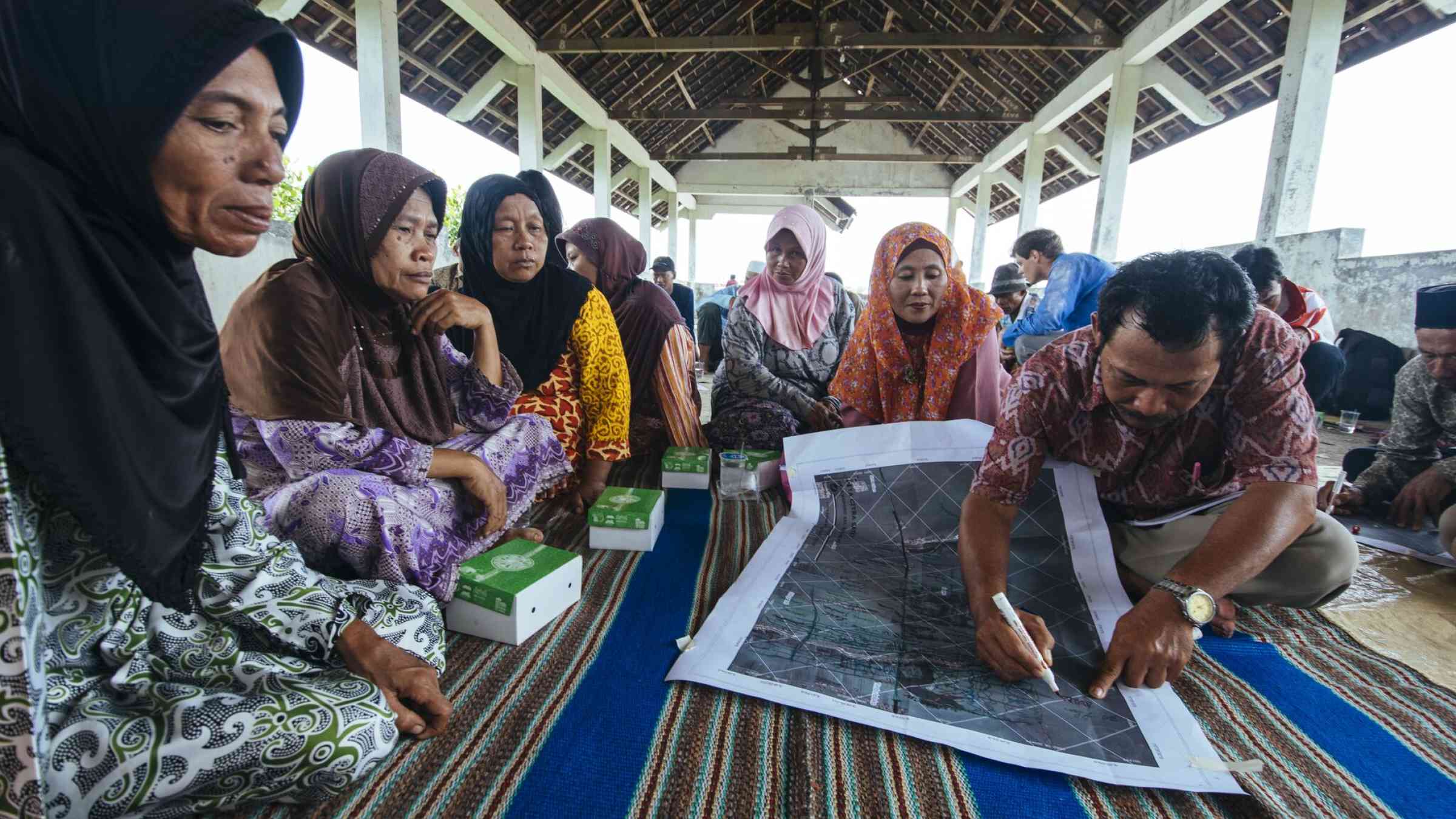Early Warning and Early Action
The importance of multi-hazard early warning systems (Sendai’s Target G and Article 7 of the Paris Agreement) was highlighted in the 6th Assessment Report of the IPCC released in August 2021. The report provides evidence that extreme hydrometeorological events, such as droughts, floods and heat waves, are increasing as well as their impacts on everyday life around the globe as well as harming fragile ecosystem. It concludes that climate change is widespread, rapid, and intensifying.
This session will outline avenues to accelerate the implementation of people-centered, multi-hazard early warning systems, enabling early action, minimizing impact, reducing risks and contributing to strengthened resilience. It will review progress and trends in strengthening effectiveness of Early Warning / Early Action, including a review of contributions from different approaches, stakeholders and disciplines, and lessons learned through the lenses of the anticipatory/early action paradigm. Finally, this session will explore and conclude on the way forward to revitalize and accelerate achievement of Target G of the Sendai Framework for DRR.
Session Objectives
- Take stock of progress towards achieving Sendai Framework global target G with inclusive, effective and multi-hazard approaches to early warning systems that enable early action.
- Explore challenges and solutions in monitoring progress on Target G and guide implementation of early warning / early action to more effectively deliver on the Target G aspirations.
- Demonstrate value and benefits of investments in multi-hazard, multi-level early warning systems and inclusive early action and preparedness at national and local level.
Moderator
- Keith Campbell - Chief Executive Officer, Caribbean Broadcasting Union, Jamaica
Speakers
- Petteri Taalas - Secretary-General, World Meteorological Organisation
- Johan Stander - Director, Services Department, World Meteorological Organisation
- H.E. Enamur Rahman - State Minister of Disaster Management and Relief, Bangladesh
- Ahmed Amdihun - Programme Manager, Disaster Risk Management, Intergovernmental Authority on Development
- Miluska, Ordoñez - Disaster Risk Management Expert, Practical Action
- Sainimili, Tawake - Advisor - Inclusive Development, Pacific Disability Forum
Experience this event
Watch the session
Documents
Learn more
Join the session to learn more about the latest discussions around Early Warning Systems including Early Action.
Where do we stand
Since 2006, the Early Warning System Checklist serves as a fundamental concept in early warning systems. It enhanced the understanding of early warning as a people-centered system with four key components (risk knowledge, monitoring and forecasting, dissemination and communication, and response capability).
While the international community has recognized the importance of early warning systems and significant progress has been achieved at regional, national and local level, challenges still remain, including:
- Increasing frequency and intensity of climatic events;
- Increasing population dynamics in hazardous zones;
- Slow and rapid onset pandemic;
- Conflicts posing new risks to people, livelihoods, infrastructure and services;
- Regional and global interconnectedness allowing propagation of risk and impacts across borders and systems;
- Digital inequalities causing a lack of access of marginalized groups to EW information;
- Need of improvement of multi-sector effective governance and financing mechanisms.
At the same time, the EW/EA offers key opportunities to maximize DRR implementation:
- Contributing to more precise and accessible warnings which provide actionable information for people and organizations alike;
- Enhanced effectiveness of preparedness to disasters;
- Strengthened people-centred inclusive approaches to multi-hazards;
- Progress made in terms of information and communication technology access and use;
- Increase in science, technology, climate and disaster risk data availability as well as forecasting and predictive modelling capacities.
Session guiding questions
- What is the role of EW/EA in averting, minimizing and addressing risks, losses and damages?
- What are the current opportunities and challenges to enhance effective and inclusive governance and financing of EWS?
- How can we trace the evolution of methodologies and tools to design and implement multi-hazard and risk-centered EWS that enable early action across scales?
- What is the wider application of EWEA to help reduce vulnerabilities to climate and disaster risk and reduce the impact of disasters on inequalities?

Agenda
Location
BNDCC 2-Ground Floor
Online access
Participation
Open to those registered for the conferenceInterpretation
AR, EN, FR, RU, ES, ZHDetails
Contact
Sandra Amlang, amlang@un.org Iria Touzon Calle, iria.touzoncalle@un.org Diana Mosquera Calle, diana.mosquera@un.org Donna Mitzi Lagdameo, donna.lagdameo1@un.org